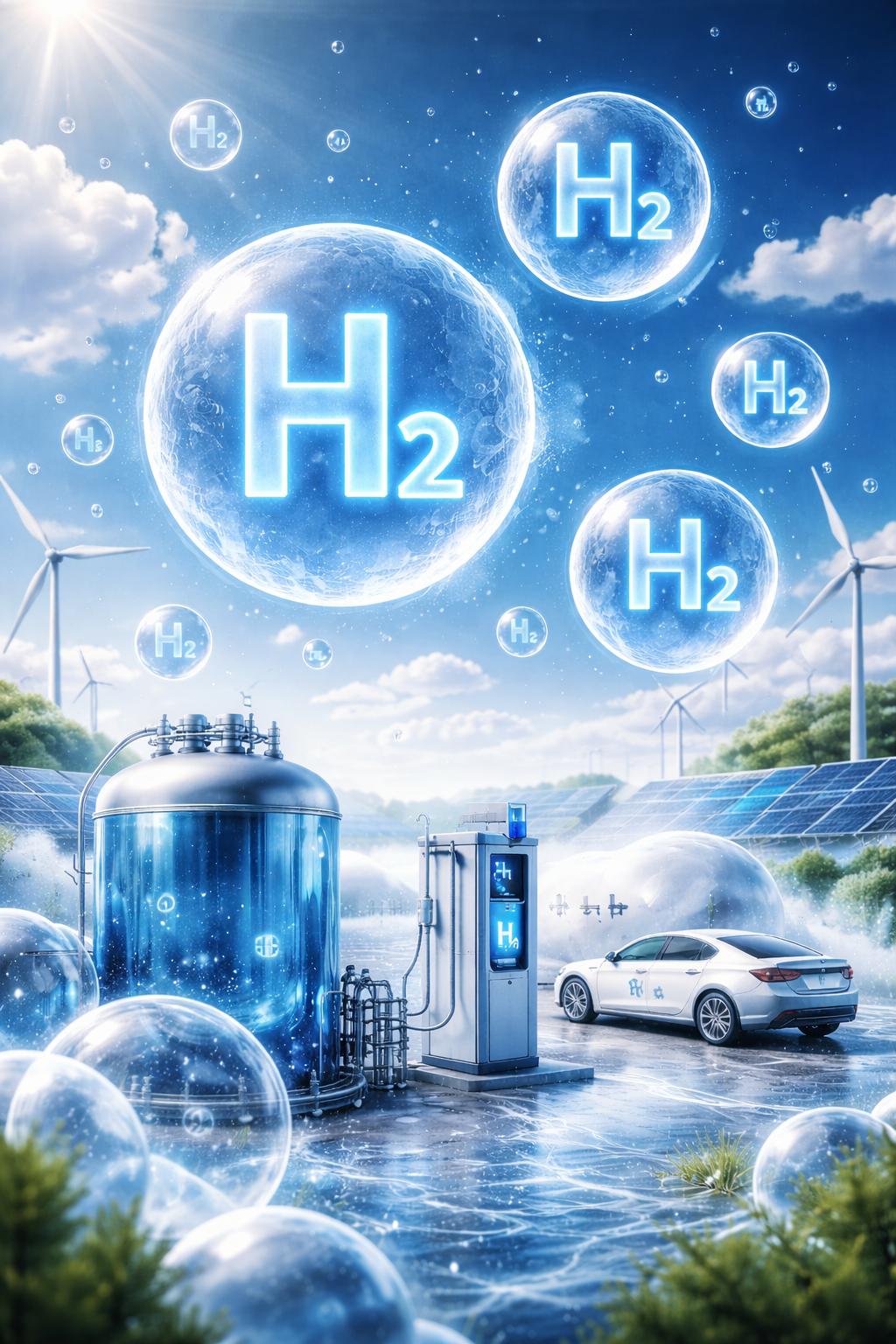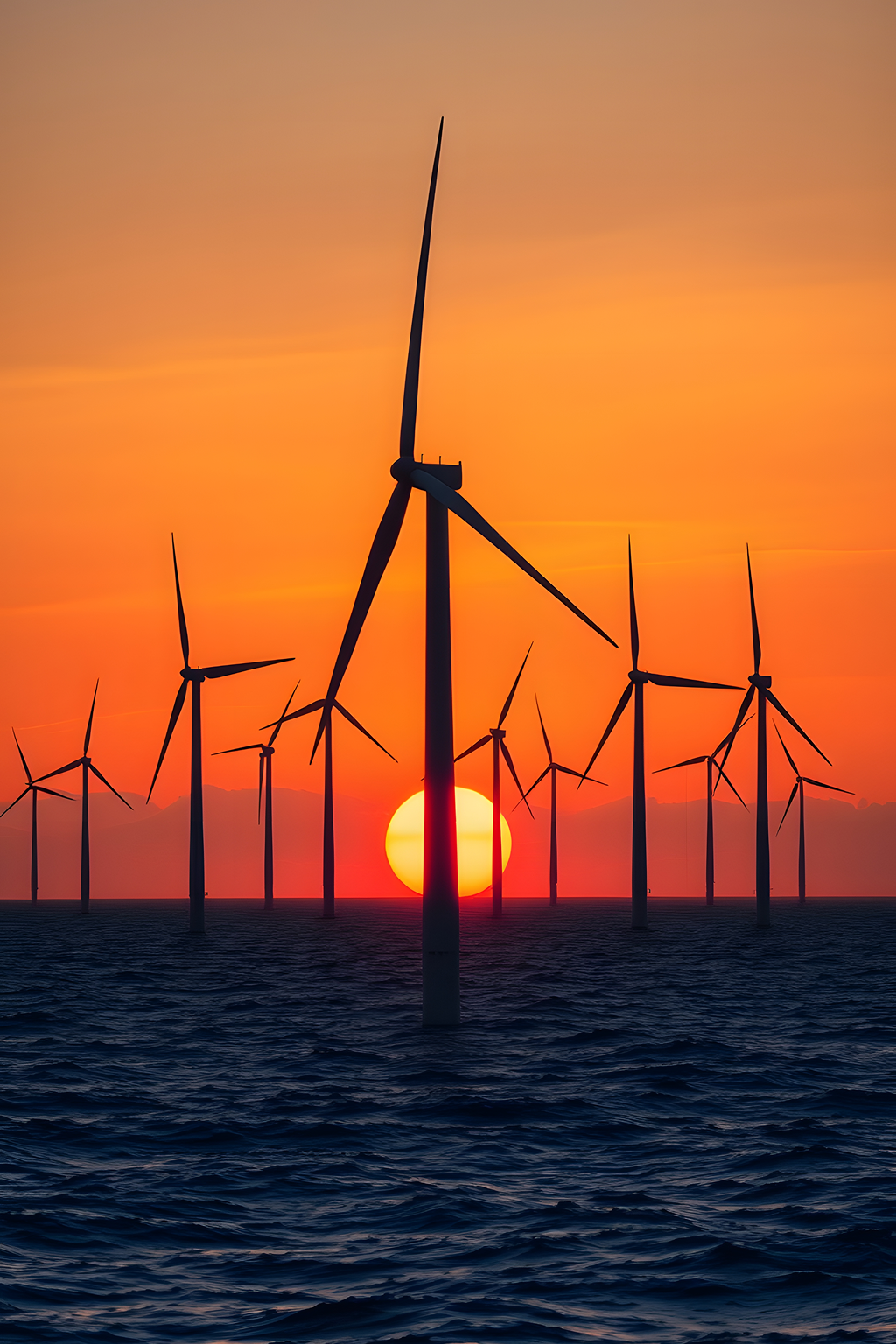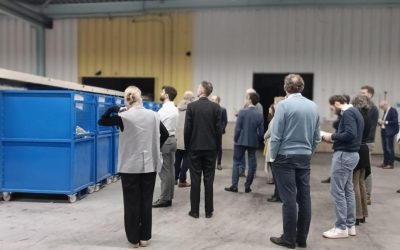Emilia-Romagna

Presentation of the Region
Located in Northern Italy, the Emilia-Romagna is a leading region in Europe in terms of economic dynamism and quality of life.
This region ranks among the best in terms of manufacturing sector performances, SMEs innovation capacity, employment in medium and high tech manufacturing and knowledge intensive services, patenting, export, FDI attraction, and new business creation.
The region hosts local branches of several national research institutions and has a top education and training system, including six universities and a polytechnic network.
A High-Technology Network made of Industrial research laboratories and Innovation centres, that are hosted within 10 Technopoles, provides technology transfer services and innovation support to local enterprises.
The region is well known for mechanical and automation companies, automotive and motorcycle brands, food production, biomedical and pharmaceutical companies and ceramic industry which have developed in the form of large and successful industrial clusters. Emilia-Romagna qualifies as an international Data Valley with top world supercomputers, cutting edge data centres and a wide ‘big data community’ with policies supporting new investments and a dynamic business environment.
Sustainability is a priority: a recent regional policy instrument (Pact for Work and Climate) is directly involving territorial actors to relaunch a vision where competitiveness and low environmental impact are integrated.
RIS3 Priorities
In continuity with the previous programming period, the new Emilia-Romagna RIS3 2021-2027 confirms all five original specialisation areas that are fundamental for the regional economic and innovation policy: agro-food, mechatronics and motorisitics, building and construction, health and well-being, culture and creativity, In addition, two new strategic areas are included: Big Data and Artificial Intelligence and Green Tech.
The 15 priority domains in our smart specialisation strategy are:
– Clean energy & Energy safety and security
– Circular economy
– Climate change and natural resources (water, air, land)
– Blue growth
– Innovative materials
– Digital transformation, Artificial intelligence and Big data
– Manufacturing 4.0
– ICT for Space and Land communication
– Sustainable and innovative mobility
– Smart cities and communities
– Valorisation of cultural heritage, cultural and creative industries, tourism
– Wellness nutrition and wellbeing
– Health
– Social innovation
– Inclusiveness and social cohesion
Regional Address
Viale Aldo Moro, 52 40127 Bologna BO Italy
Brussels Office Address
Rue du Montoyer 21 1000 Bruxelles Belgium
Latest Updates
Integrated Eu Industrial Innovation Policy Based Interconnected Regional Ecosystems
In its recently published Policy Position Paper, the Vanguard Initiative (VI) calls for an integrated EU industrial & innovation policy based on interconnected regional ecosystems. The network is advocating for a new industrial & innovation policy toolbox addressing industrial competitiveness challe…
Delegation Dutch Ministry Economic Affairs Visits East Netherlands Insights I3 Program
On February 14th, representatives of the Ministry of Economic Affairs and Climate (EZK) and Foreign Affairs paid a working visit to the East Netherlands region. The purpose of this visit was the new Interregional Innovation Investment (I3) program, a European program that has already enabled four pr…
Smart Health Rich Online Plenary Meeting Fruitful Year 2024 Field Personalised Medicine
On 5 February, the first 2024 online plenary meeting of the Smart Health Pilot was held and aimed at setting the basis for the annual activities to be carried out to support the pilot’s long-term objective : Accelerating the implementation of Personalised Medicine across Europe.For 2024, the Smart H…












